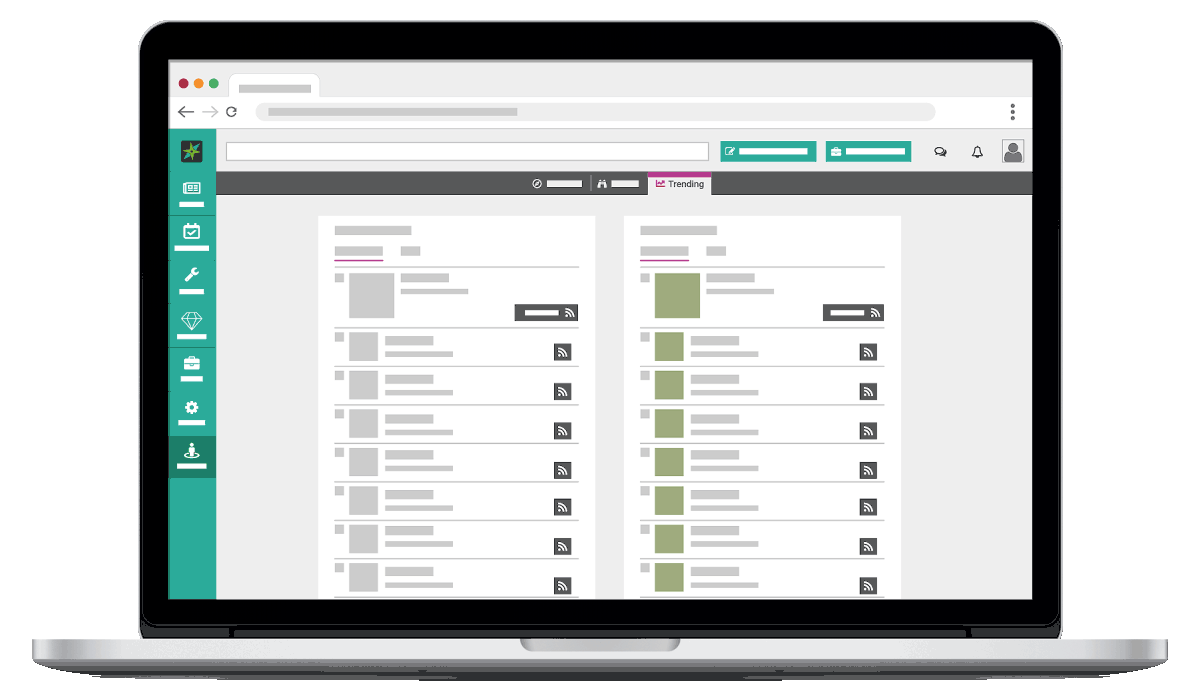While the situation is still developing, with more deaths and infected cases within China and a number of cases throughout the rest of the world, it’s hard to have a firm grasp of the actual impact. Nevertheless, Smartkarma Insight Providers have attempted to piece together some conclusions based on their specialist areas.
Dropping Prices
Vincent Fernando offers a view into China’s tech sector, with a look at 10 tech stocks that have seen large sell-offs since the virus news broke.
It’s no big surprise to see the impact on travel stocks like Trip.com and Travelsky Technology: with travel bans and strict restrictions in place, as well as a large segment of their clients being Chinese travelers, their shares dropped by 12 percent and 13 percent, respectively.
Less obvious might be the hit on stocks like cloud computing company Xunlei (19 percent) and image editing software maker Meitu (14 percent), but Fernando notes this is most probably due to broader market fears, with such stocks being collateral damage.
Read Vincent Fernando’s full Insight: Coronavirus Casualties: China Tech’s Ten Biggest Losers
The sheer size of China’s market makes it impossible to not have ripples out to the global economy. For example, China is the largest consumer of commodities in the world, notes Gaius King. In a flash note on Smartkarma, he outlines how commodity prices have experienced a significant drop over the past few trading days. This includes iron ore (25 percent drop), zinc (9 percent), copper (11.6 percent), and nickel (11.3 percent).
“In anticipation of lower economic growth, commodity prices have fallen and we expect prices could fall further as it becomes increasingly evident that the Coronavirus will eventually spread globally,” King writes.
Read Gaius King’s full Insight: Coronavirus & Commodities – What to Do?
Most impressive of all – but perhaps expected – has been the Chinese government’s response to help shield the economy from the slowdown caused by virus concerns. On 2 February, the People’s Bank of China undertook a whopper of a liquidity injection, pouring RMB 1.2 trillion in the market (US$172 billion).
To put this into perspective, Michael J. Howell says the liquidity boost “represents in size roughly half the huge net liquidity injection undertaken by the US Fed since early September 2019, but taking place in just one day” – which, in turn, was one of the Fed’s biggest injections ever.
Read Michael J. Howell’s full Insight: China Hits Warp Speed …Risk On Again?
Howell notes that the lifeline should boost short-term business activity in China and around the world. Although it won’t do the yuan’s currency stability any favours, keeping up the momentum behind its economic growth might be more important to China, he adds.
Crisis = Opportunity
It’s not all bad news for everyone, however. Ming Lu points at internet companies, specifically ecommerce websites, which stand to gain from people staying indoors and doing their shopping online.
“Since 23 January, when the Chinese government sealed Wuhan, the epicenter of the coronavirus, people all over China began to snap up and hoard fast-moving consumer goods,” Lu writes.
Lu used ecommerce giant JD.com as an example case, and found that the website raised prices on several of its goods – in some cases, as high as 127 percent. “JD can surely defend themselves with the excuse that they just provide less discounts than before. However, they had kept those large discounts for a long time,” he says.
As a result, fast-moving consumer goods sold online due to virus fears could compensate for slowdown in other product categories in 1H2020. The crisis might even help pave the way for more mainstream drone delivery adoption, writes Fernando in a separate note.
Read Ming Lu’s full Insight: JD.com (JD): Raised Goods Prices Significantly After Wuhan Was Sealed as Epicenter of Coronavirus
And how about a startup that basically predicted the Wuhan virus spread within China and to major cities around the world? Blue Dot, a Canadian startup backed by Hong Kong magnate Li Ka-Shing, claims to model the spread of infectious diseases with the help of artificial intelligence.
As Douglas Kim outlines in his Insight, the company first sounded the alarm about the Coronavirus on 31 December 2019, several days before official authorities. While Blue Dot is still private, it’s perhaps worth keeping an eye out for, especially since the new visibility the outbreak has given it.
Read Douglas Kim’s full Insight: Blue Dot: Li Ka-Shing Backed AI-Powered Startup Warned About Wuhan Virus Before WHO Warning
Another name that stands to benefit investors is, interestingly, in the very sector getting pummelled by travel bans and virus fears: online travel. Tongcheng-Elong is a Chinese online travel agency whose stock suffered, dropping 11 percent from 16 to 20 January. But the company’s long-term fundamentals are strong, Fernando says.
It should “generate strong returns in the long run due to its combination of a high potential userbase paired with increasing OTA penetration in lower-tier cities throughout China, rapidly improving travel infrastructure & connectivity, and rising disposable incomes,” he writes. The same could be true for beleaguered Trip.com, he adds in a separate Insight. The company has announced refunds and assistance schemes for affected travelers, which should go a long way towards building customer loyalty and good will.
Read Vincent Fernando’s full Insights: TCEL: China’s New Virus Is Scary, But One Chart Shows How You Can Profit, How Trip.com (TCOM US) Is Actually Getting Stronger During the Coronavirus Crisis
Lead image by Macau Photo Agency on Unsplash





